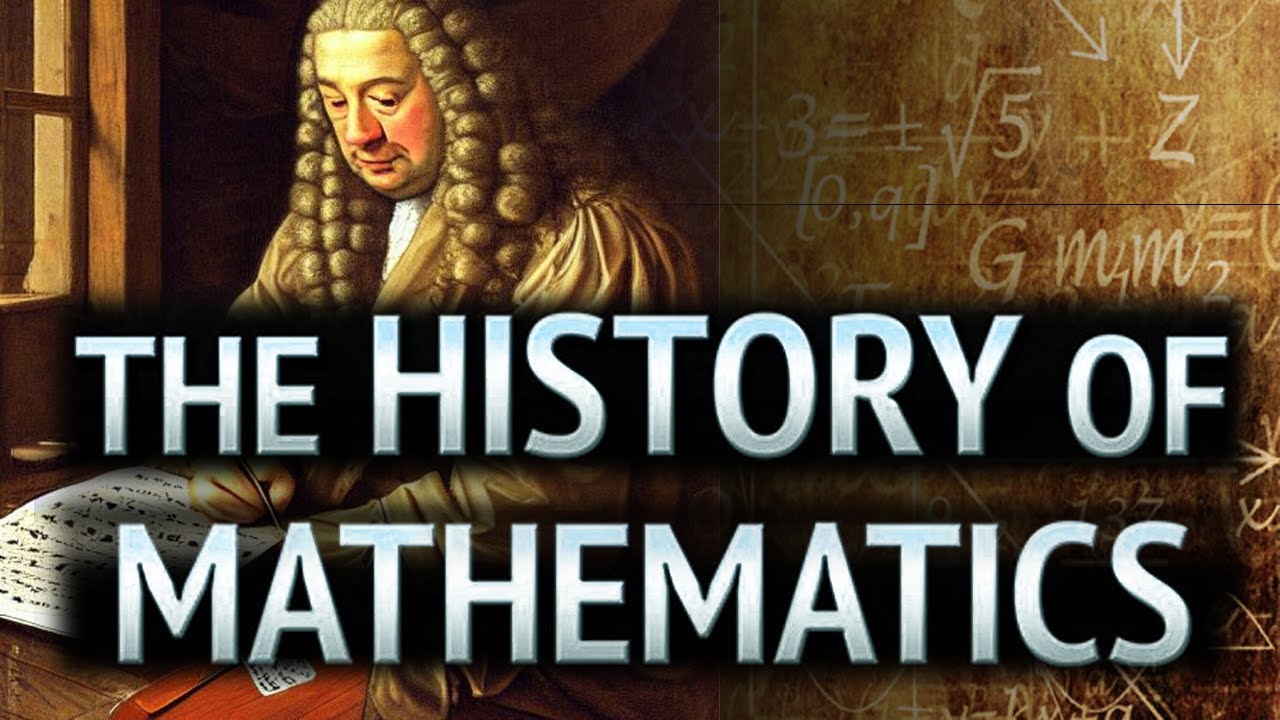
Title: Clarifying al-Khwarizmi and the True Roots of the Algorithm: Dispelling the Myths
Disputes regarding the evolution of science and mathematics are always rife with disagreement, and few individuals are as frequently misinterpreted as the outstanding 9th-century Persian scholar, Muḥammad ibn Mūsā al-Khwārizmī. Frequently regarded—sometimes erroneously—as the “creator of the algorithm,” his name has been extensively referenced in both popular science literature and scholarly works. However, while al-Khwārizmī’s impact on mathematics is indisputably significant, labeling him as the originator of algorithms oversimplifies centuries of preceding mathematical developments into a misleading phrase.
Let’s explore the history, details, and misconceptions related to al-Khwārizmī and the emergence of algorithmic thought.
The Authentic al-Khwārizmī: His Genuine Contributions
Muḥammad ibn Mūsā al-Khwārizmī was prominent during the Islamic Golden Age, likely in the early 9th century at the House of Wisdom in Baghdad. There, he authored several influential texts covering mathematics, astronomy, geography, and even calendar reform. His most renowned mathematical works consist of:
– Al-Kitāb al-Mukhtaṣar fī ḥisāb al-jabr wal-muqābala (“The Compendious Book on Calculation by Completion and Balancing”), which introduced systematic approaches for addressing linear and quadratic equations. The term “al-jabr” in the title is the linguistic precursor to our contemporary term “algebra.”
– A treatise on the Hindu-Arabic numeral system, likely forming the foundation for the Latin translations later known as Dixit Algorizmi and similar titles.
These texts were translated into Latin several centuries afterward, starting in the 12th century, and facilitated the dissemination of knowledge regarding Indian numeral systems and algebraic methodologies to medieval Europe. The translations often Latinized his name as Algorismi or Algorithmus—providing the root for the current term “algorithm.”
What Is an “Algorithm”? From Algorism to Abstract Procedure
How did we transition from “Algorizmi” to “algorithm” as we comprehend it today?
In the context of medieval Europe, the term “algorism” specifically referred to rules and methods for executing arithmetic operations using the Hindu-Arabic numeral system, encompassing processes like addition, subtraction, multiplication, and division. This represented a groundbreaking and effective system in Europe, which had previously depended more on Roman numerals and the abacus.
The term “algorithm,” stemming from this earlier usage, gradually evolved to signify more generally any finite set of sequential computational or problem-solving procedures. This broader concept developed over centuries and fully reached maturity in the 20th century with the advent of computer science and formal logic.
Contemporary Definitions Versus Historical Realities
The key issue with claiming that “al-Khwārizmī invented the algorithm” is that the notion of algorithmic thought—namely, addressing problems through finite, repeatable steps—predates al-Khwārizmī significantly, and his work did not initiate this concept.
The ancient Babylonians, for instance, applied algorithmic techniques in both astronomy and arithmetic as early as the second millennium BCE. From intricate star charts to advanced reciprocal methods for division, Babylonian tablets exhibit clear evidence of organized computational approaches—what we would define as algorithms today.
Similarly, Greek mathematicians like Euclid, writing centuries ahead of al-Khwārizmī, utilized algorithmic techniques in geometric proofs and number theory—the famous Euclidean algorithm for determining the greatest common divisor serves as a notable example.
Distinguishing Recognition from Origination
Was al-Khwārizmī a genius? Certainly. He significantly influenced the advancement of algebra, systematic mathematical methods, and the introduction of Indian numeral systems to Europe. However, did he “develop” or “invent” the concept of the algorithm? No more than Newton “invented” gravity. He articulated and implemented algorithmic methods in a manner that impacted future generations, particularly by establishing organized procedures for calculations within a decimal framework.
The mistake does not lie in acknowledging al-Khwārizmī’s intellect, but in neglecting to place his work within the extensive, globally interconnected narrative of mathematics. To assert he invented algorithms dismisses the contributions of prior civilizations and distorts his actual accomplishments.
Conclusion: Rectifying the Record
The narrative of al-Khwārizmī is not diminished by historical accuracy—it is enhanced by it. Acknowledging his true contributions allows for a more refined understanding of the collaborative and cumulative evolution of mathematical concepts across ancient cultures.
As passionate historians like “Hulky” insist with fervor: when documenting the history of mathematics, make sure to get it right. Misrepresentations, even when well-meaning, obscure the intricate and captivating tale of how humanity across ages and cultures has strived to comprehend the world.